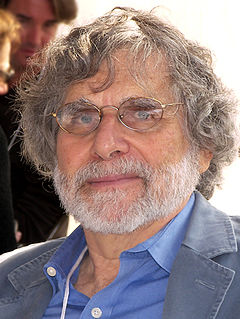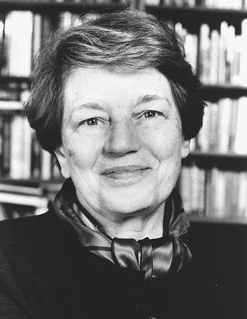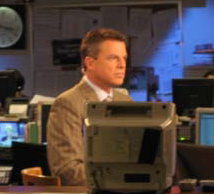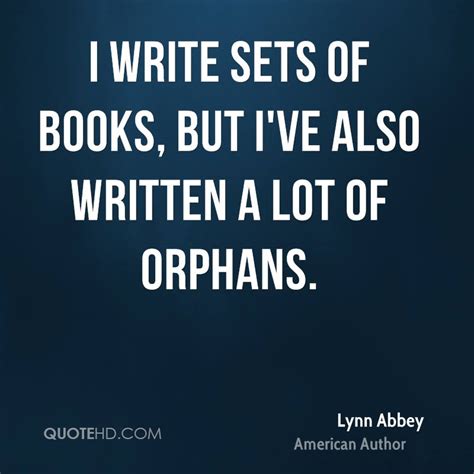A Quote by Alan Cheuse
Sad to think that we won't have any new stories from John Updike, one of the last century's masters. But so many here in the two volumes of his collected stories, 186 by my count, stories to read, reread, savor over the course of a cold season. Updike's genius in the short form spills out of these many, many pages.
Related Quotes
I wish - I wish instead of just recommending these books, I could set them down at your doorstep. The collected stories of John Updike, the second volume of T.C. Boyle's collected stories, and Stanley Crouch's book about the rise and times of our genius saxophone player Charlie Parker. These are deep books, books that you can get lost in.
I regret that there aren't more short stories in other magazines. But in a certain way, I think the disappearance of the short-story template from everyone's head can be freeing. Partly because there's no mass market for stories, the form is up for grabs. It can be many, many things. So the anthology is very much intended for students, but I think we're all in the position of writing students now. Very few people are going around with a day-to-day engagement with the short story.
There is something I keep wanting to say about reading short stories. I am doing it now, because I many never have another occasion. Stories are not chapters of novels. They should not be read one after another, as if they were meant to follow along. Read one. Shut the book. Read something else. Come back later. Stories can wait.
My real purpose in telling middle-school students stories was to practice telling stories. And I practiced on the greatest model of storytelling we've got, which is "The Iliad" and "The Odyssey." I told those stories many, many times. And the way I would justify it to the head teacher if he came in or to any parents who complained was, look, I'm telling these great stories because they're part of our cultural heritage. I did believe that.
The resistance to my work, and to my way of writing, has been there from the beginning. The first things I wrote were these short short stories collected in At the Bottom of the River, and at least three of them are one sentence long. They were printed in The New Yorker, over the objections of many of the editors in the fiction department.
What does it matter, if we tell the same old stories? ...Stories tell us who we are. What we’re capable of. When we go out looking for stories we are, I think, in many ways going in search of ourselves, trying to find understanding of our lives, and the people around us. Stories, and language tell us what’s important.
Yes, we could talk to you for days on end about all the bad first dates. Those are stories. Funny stories. Awkward stories. Stories we love to share, because by sharing them, we get something out of the hour or two we wasted on the wrong person. But that's all bad first dates are: short stories. Good first dates are more than short stories. They are first chapters. On a good first date, everything is springtime. And when a good first date becomes a relationship, the springtime lingers. Even after it's over, there can be springtime.





































